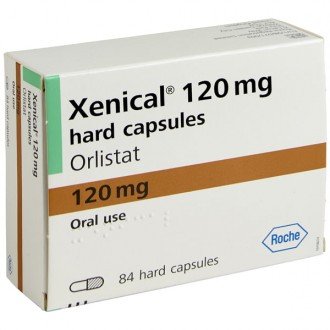Weight Management & Treatment
Losing weight is something that many of us want to do during our lifetime. You may have been told by your GP or healthcare professional that you are overweight, and this may impact your health. Being overweight may put you at risk of conditions such as type 2 diabetes, heart disease and cancer. Carrying a large amount of excess weight and body fat known as obesity, which is a growing problem, and affects around a quarter of adults.
Body Mass Index (BMI)
If you’re unsure if your weight is a problem, and if you are considered “obese”, excess body weight is usually measured by dividing your weight in kilograms by your height in meters squared. This number is called your body mass index (BMI), which gives you an indication if your weight is considered unhealthy. You can check to see if you are carrying excess weight using the NHS BMI calculator.
What Causes Obesity?
In some individuals, excess weight may be due to underlying health conditions, such as an underactive thyroid. However, eating too many calories, and not getting enough exercise is usually the cause. Modern day lifestyles of sitting at desks, driving cars instead of walking, and eating high calorie processed foods contribute to this problem.
How to Lose Weight
In order to lose weight, you need to consume less calories than your body requires. Following a healthy diet will help you do this. Being more active through exercise can also contribute to burning more calories and help with weight loss.
If you are following a healthy diet and regularly exercising but still struggling to lose weight, there are various prescription weight loss medications that can help you with your efforts.
Which Weight Loss Prescription Medication is right for me?
Weight loss can be a real struggle for many people. Eating less and moving more may seem straightforward, but putting it into practice can be difficult. Even when making all the right changes weight loss can be slow and difficult, causing frustration and leading to giving up altogether. Thankfully, there are over the counter and prescription based medicines that can support you in your weight loss journey.
At Click2Pharmacy we offer various prescription weight loss pills and injections, available from our online clinic, where our advanced prescribers can guide you on which medicines may work best for you.
Prescription Weight Loss Injections
Wegovy
- Controls your appetite and slows down food passing through your digestive system, making you feel fuller for longer
- Clinical trials show patients losing 15% body weight on average.
- Suitable for adults (18+) with a BMI of 35+, or 30+ if they have been referred to weight management services.
- Weekly injection in strengths 0.25mg, 0.5mg, 1mg, 1.7mg & 2.4mg.
Saxenda
- Suppresses your appetite and slows down emptying of stomach.
- Clinical trials show 6 in 10 people lose at least 5% of their body weight.
- Suitable for adults (18+) with a BMI of 30+.
- Daily injection in strengths 0.6mg, 1.2mg, 1.8mg, 2.4mg & 3mg.
Mounjaro
- Works the same as Wegovy & Saxenda.
- Clinical trials show up to a 15% weight loss in patients after 9 months of treatment.
- Suitable for adults (18+) with a BMI of 30+, or 27+ with another weight-related condition.
- Weekly injection in strengths 2.5mg, 5mg, 7.5mg, 10mg, 12.5mg & 15mg.
Prescription Weight Loss Tablets
Xenical (Orlistat)
- Can help you lose 50% more weight than dieting alone when combined with a calorie controlled diet.
- Blocks around a third of fat from food being absorbed into the intestine
- Designed for adults (18+) who have a BMI over 30, or over 28 if they have diabetes or similar conditions.
- One capsule up to 3 times daily with or after a main meal.
Orlistat
- Generic version of Xenical
Over-the-counter Weight Loss Tablets
Alli (Orlistat)
- Blocks fat from being absorbed into the intestine.
- Designed for adults (18+) who have a BMI over 28.
- One capsule taken 3 times a day with food.
Whichever option you choose, weight loss medication works best when combined with a calorie controlled diet and exercise. If you need any more information on how weight loss medicines work, and which may be right for you, please contact a member of our team at Click2Pharmacy.



























